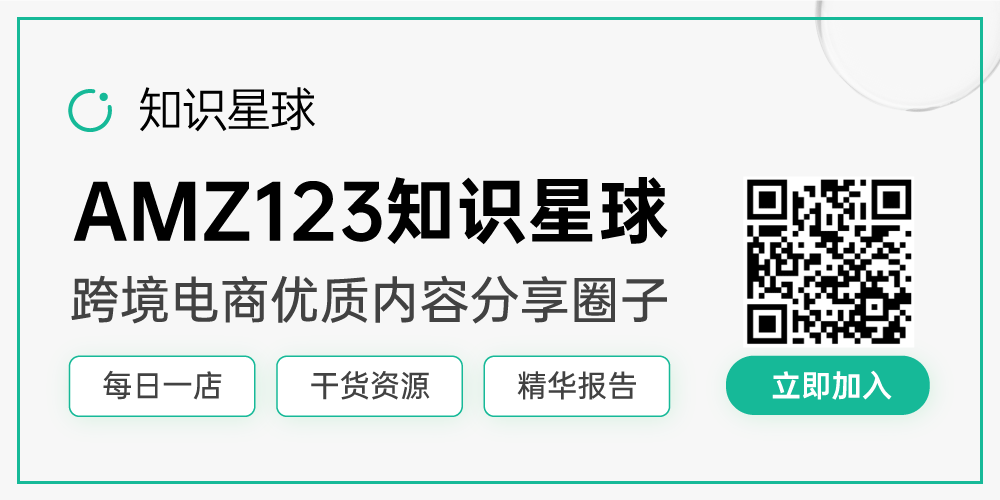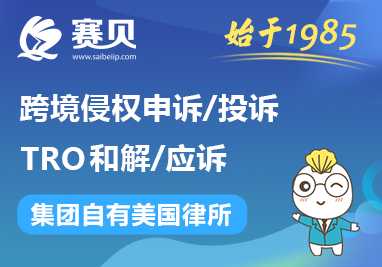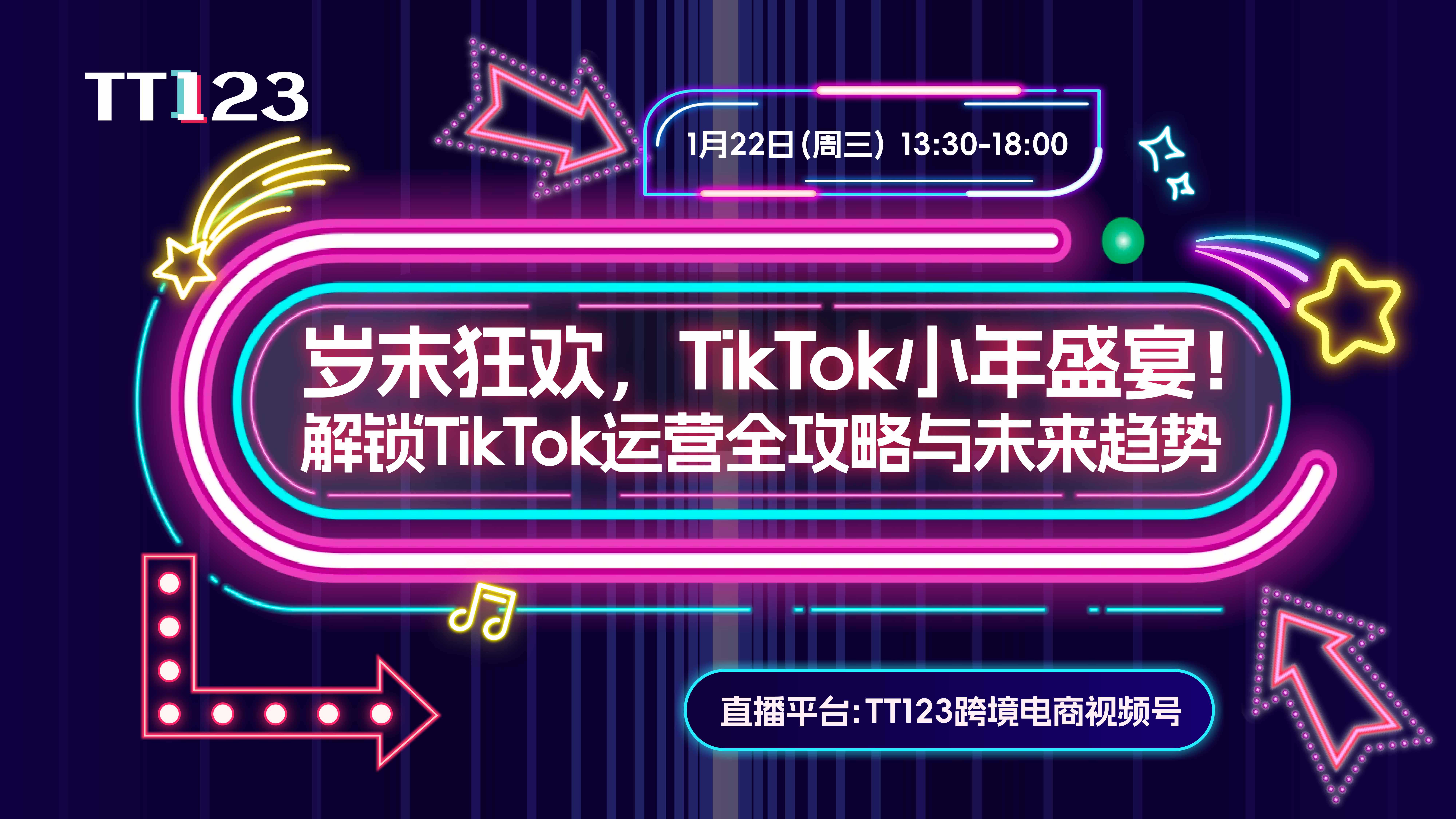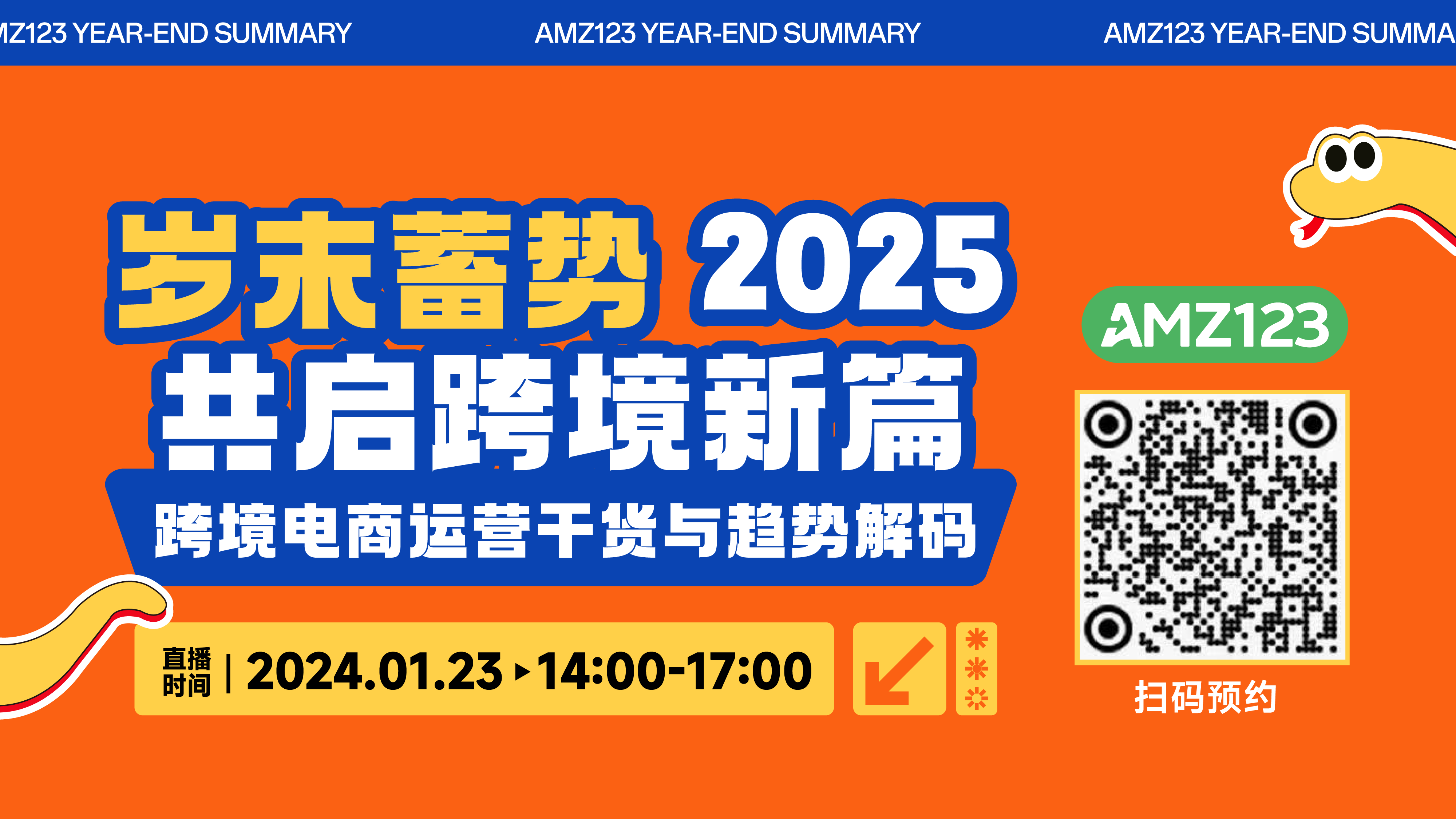美国海关申报出台新规,最快12月17日施行!
作为全球海关申报的鼻祖, 美国申报之繁琐罚款额度之高,经常让出口美国的客户和货代企业感到提心吊胆!

据悉,近日,美国海关再出新规, 对ISF申报主体给出新的定义,这或将改变现有海关申报模式!!
“扩大进口商安全申报(ISF)进口商的定义,2018年12月17日正式生效!”

来自美国方面最新消息,近日美国海关更新了对ISF进口商的定义,ISF-5申报将从2018年12月17日开始实施!
早在2016年7月,美国海关就已提议要对FROB,IE和T&E货物,以及进入FTZ / CBW的货物相关的ISF进口商进行重新定义。
最终,该提案于2018年4月通过并正式成为新的条款!
新的规定如下:

根据这一变化,美国海关将进口商定义为承运人或NVOCC。承运货物的进口商现在和将来都必须为FROB货物进行ISF5申报!
该新规则的生效日期为2018年12月17日,CBP预计此日期不会再延迟!
如果你是一个NVOCC,货物运输目的地最终不是美国港口,但货物卸货之前船舶会挂靠美国境内港口,或者如果您的美国对应方负责进行进口安排,也许这个时候你需要联系相关船公司,看看这次政策的修改船公司是否对ISF5申报有所改变,有可能船船东把申报的责任转移给NVOCC!
据了解,目前有几家船公司已经要求NVOCC为FROB货物进行申报ISF 5!
建议NVOCC要密切注意此次新规,及时和各大船公司沟通了解相关变动,并为FROB货物的ISF 5申报提前做好准备!
以下是关于新规的英文:
U.S. Customs Update: Broadening Definition of Importer Security Filing (ISF) Importer, ISF 5 Coming December 17th, 2018
In July of 2016, U.S. Customs proposed that the definition of the ISF Importer as they pertain to FROB, IE and T&E shipments, as well as for cargo entering an FTZ/CBW, be expanded and clarified. The proposal was adopted as a rule in April of 2018.
The ruling states the following:
*For FROB cargo, the new rule defines the ISF Importer as the carrier/NVOCC.
*For IE and T&E in-bond shipments, and goods to be delivered to an FTZ/CBW, the new rule defines the ISF Importer not only the carrier/NVOCC, but could also include the goods' owner, purchaser, consignee, or agent such as a licensed customs broker.
Please note, this rule change only applies to FROB cargo, IE and T&E shipments, or cargo entering a Free Trade Zone (FTZ) or Customs Bonded Warehouse (CBW). FROB cargo is any cargo that is not loaded for U.S. discharge but remains on board the vessel during any port call at a U.S. port.
With this change U.S. Customs identifies importers as either the ocean carrier or the non-vessel operating common carrier (NVOCC). The importer of the shipment is and will continue to be required to file Importer Security Filing (ISF) 5 for FROB cargo.
The effective date of this new rule will be December 17, 2018, and CBP does not expect any further delay of this date.
If you are an NVOCC with cargo that is destined for a non U.S. port and carried on a vessel that will make any calls at a U.S. port before your shipment is discharged, or, if your U.S. counterpart takes responsibility for making in bond arrangements, now would be the time to contact the carrier to see how this modification affects their policy on ISF 5 and whether they intend to continue to file ISF 5, or if this responsibility will be passed on to you.
Several ocean carriers are already requiring NVOs to file ISF 5 for FROB despite the December 17th effective date, therefore we suggest that the NVOCC community begin the process for filing the ISF 5 for cargo that is considered FROB as well as for cargo that will move in bond under an IE or T&E when acting as an agent for the good's owner.

(消息来源:搜航网)



































